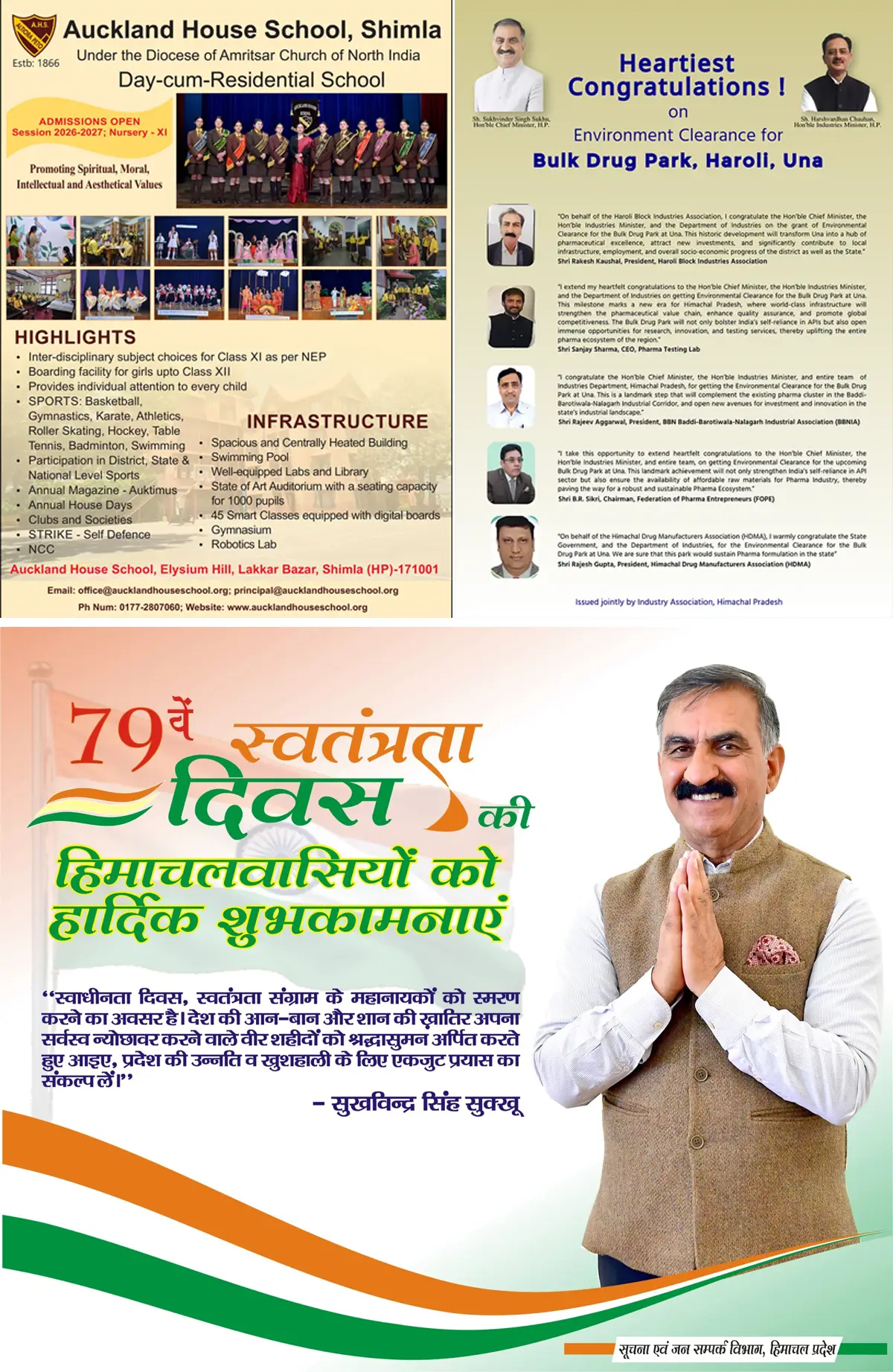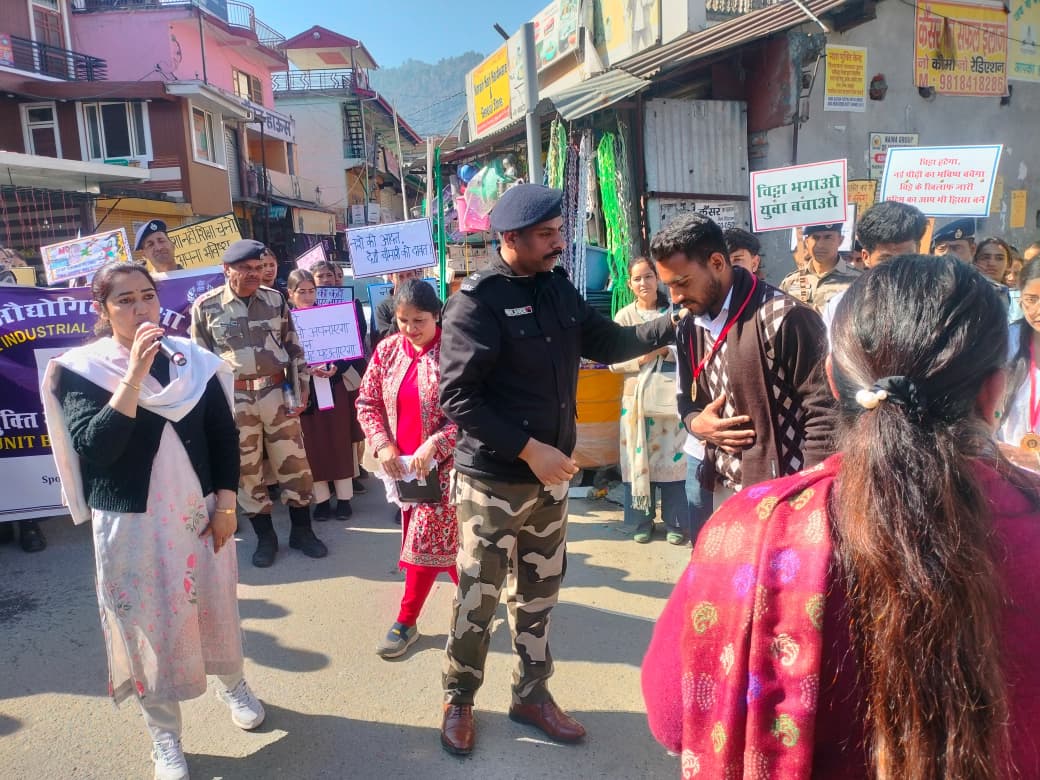Tale of Irony: Gandhi Jayanti & Swachhta Abhiyan on Same Day, Yet Garbage Piles in Open
2 min read
Shimla, Oct. 2 Ritanjali Hastir
As the nation celebrated the 153rd birth anniversary of Mahatma Gandhi on October 2nd, the irony of the situation couldn’t be more evident. On this very day, which also marks the commencement of the Swachh Bharat Abhiyan (Clean India Campaign), many parts of the country were marred by the unsightly presence of garbage piled up in open spaces. One such spot is Shimla’s famous Lakkar Bazaar, opposite Hotel Diplomat.
Mahatma Gandhi, fondly referred to as the ‘Father of the Nation,’ was a champion of cleanliness and sanitation. He believed that cleanliness was not just a physical act but also a moral value. His emphasis on cleanliness was not limited to personal hygiene but extended to the environment as well. This vision led to the inception of the Swachh Bharat Abhiyan, a campaign aimed at achieving a cleaner and healthier India.
However, the ground reality often falls short of these lofty ideals. On Gandhi Jayanti, a day dedicated to paying tribute to his principles, it’s disheartening to witness heaps of garbage in public areas. This paradox raises questions about the effectiveness of the Swachh Bharat Abhiyan and the collective responsibility of citizens and authorities in maintaining cleanliness.
One can’t help but wonder how we have strayed so far from the teachings of the Mahatma. The piles of garbage not only tarnish the image of our cities but also pose significant health and environmental hazards. Open garbage dumps become breeding grounds for diseases, attract stray animals, and contaminate soil and water resources.
The Swachh Bharat Abhiyan, launched in 2014, aimed to address precisely these issues. It envisioned constructing millions of toilets, promoting waste segregation, and ensuring the proper disposal of garbage. While substantial progress has been made in some areas, the sight of overflowing trash bins and unattended garbage on the streets highlights the need for continued efforts and awareness.
To truly honor Mahatma Gandhi’s legacy, it is imperative that we translate his teachings into action. Cleanliness must become a way of life, and it starts with each individual taking responsibility for their surroundings. Local authorities also play a pivotal role in maintaining sanitation infrastructure and ensuring proper waste management.
As we commemorate Gandhi Jayanti and renew our commitment to Swachh Bharat, let us remember that the path to a cleaner India begins with us. We must pledge to reduce, reuse, and recycle, dispose of our waste responsibly, and actively participate in cleanliness drives in our communities. Only then can we hope to realize Mahatma Gandhi’s dream of a truly Swachh Bharat.






